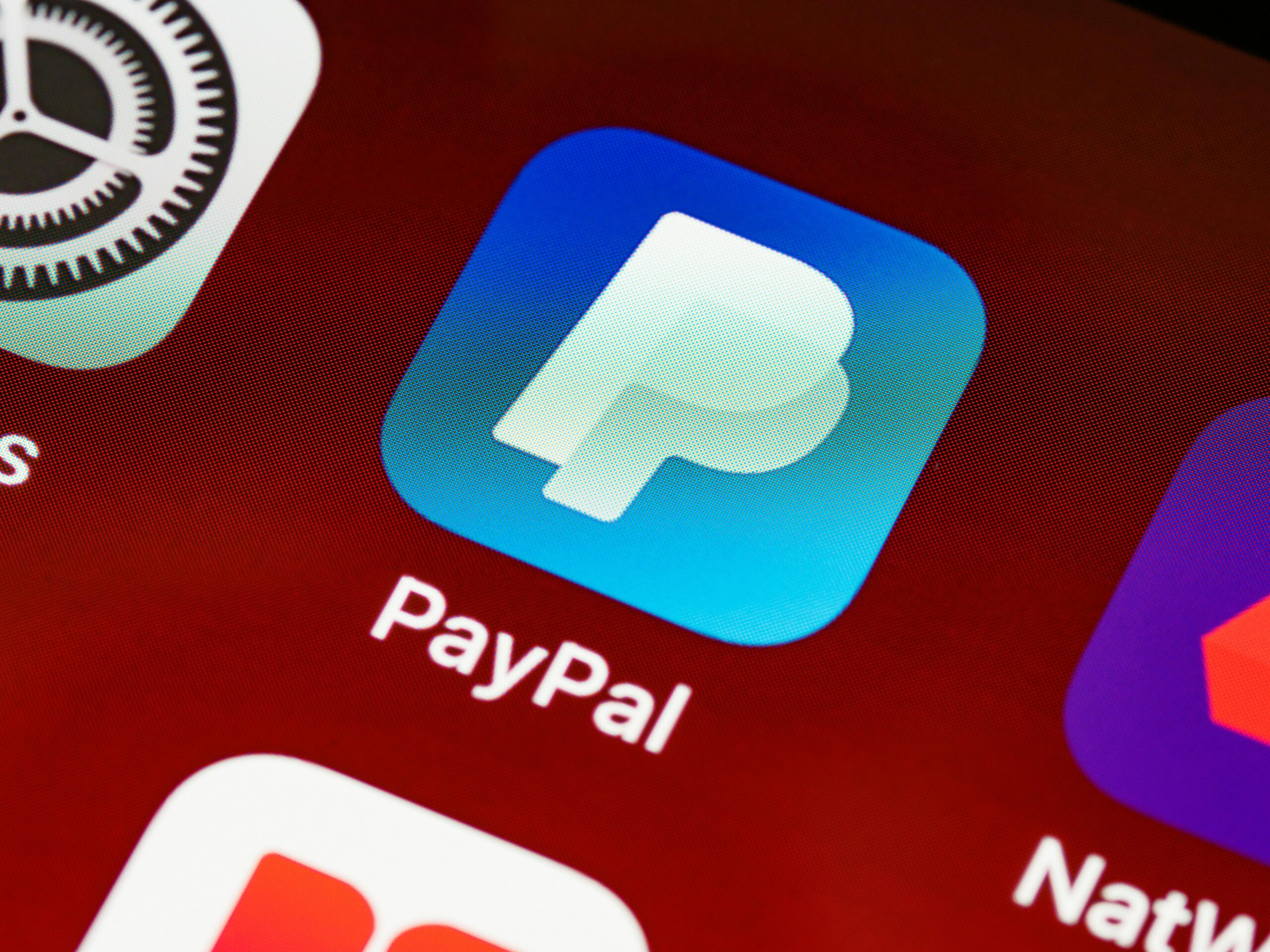MoonPay has announced the addition of PayPal as a fiat on-ramp for customers in the European Union and the United Kingdom. This integration aims to simplify and expand access to cryptocurrency purchases across Europe, excluding Croatia, Iceland, and Hungary.
MoonPay is extending its platform’s capabilities by integrating PayPal as a payment option for cryptocurrency purchases in the EU and UK. Initially, the feature is available to 1% of European users, with a complete rollout anticipated in the coming weeks. This move aligns with MoonPay’s strategy to lower the barriers to entry for new users and provide a seamless transaction experience.
In a recent press release, MoonPay highlighted PayPal’s strong presence in the U.S. market, where it ranks as the third-most popular payment method, trailing only behind Apple Pay and traditional bank cards. Ivan Soto-Wright, MoonPay’s CEO and co-founder, emphasized the significance of this integration:
“This move will enable us to provide a frictionless experience and lower the barriers to entry to include new users around the world, bringing convenience and trust to our growing customer base.”
Current and Future Availability
The PayPal integration is already operational in 48 U.S. states, with New York and Texas as the exceptions. The ongoing rollout in Europe represents a significant expansion of MoonPay’s services, offering more accessible payment options for cryptocurrency purchases to a broader audience.
In August 2023, PayPal launched its U.S. dollar-backed stablecoin, PayPal USD (PYUSD). This stablecoin is backed 1:1 by cash and short-term cash equivalents, mirroring the approach taken by other major stablecoins like Circle’s USDC and Tether’s USDT, which remains the largest stablecoin by market capitalization.
Leveraging Solana’s Capabilities for PYUSD
In May 2024, PayPal further expanded its crypto ventures by deploying PYUSD on the Solana network. Solana’s high throughput and low transaction costs make it an ideal platform for everyday transactions and personal uses of PYUSD. This deployment was a strategic move to enhance the usability of PYUSD beyond the constraints of Ethereum, where the stablecoin was initially launched as an ERC-20 token. Ethereum’s limitations, including its 12-15 transactions per second and high transaction fees due to network congestion, prompted PayPal to seek alternatives.
Following the Solana deployment, PayPal introduced “confidential transfers” for PYUSD on the Solana network. This feature allows merchants to conceal transaction amounts from the public ledger while remaining compliant with regulatory reporting requirements, adding an extra layer of privacy for users.
Understanding Stablecoins
Stablecoins are digital assets designed to maintain a stable value relative to fiat currencies. They achieve stability through different mechanisms:
- Fiat-Backed Stablecoins: These are backed by cash reserves or cash equivalents, maintaining a 1:1 ratio with the fiat currency they represent. Examples include PYUSD, USDC, and USDT.
- Algorithmic Stablecoins: These maintain their peg to a fiat currency through algorithmic adjustments and do not rely on cash reserves. Instead, they use digital algorithms and automated mechanisms to keep their value consistent with the fiat currency.
Stablecoins play a crucial role in the cryptocurrency ecosystem and broader financial markets by providing several key benefits:
- Liquidity: Stablecoins provide liquidity to the crypto markets, facilitating trading and investment without the volatility of other cryptocurrencies.
- Financial Inclusion: They expand access to banking services in underserved areas, allowing more people to participate in the digital economy.
- Lower Transaction Costs: By leveraging blockchain technology, stablecoins can reduce the costs associated with transactions, particularly for cross-border payments.
- Efficiency in Payments: Stablecoins offer a more efficient solution for cross-border transactions, reducing the time and cost associated with traditional banking systems.
| Stablecoin | Backing Type | Key Features | Current Use Cases |
|---|---|---|---|
| PYUSD | Fiat-backed | Launched by PayPal, deployed on Solana and Ethereum | Everyday transactions, personal transfers |
| USDC | Fiat-backed | Issued by Circle, widely accepted in the crypto ecosystem | Trading, payments, DeFi applications |
| USDT | Fiat-backed | Largest by market cap, used extensively for trading | Trading pairs, liquidity provision |
| DAI | Algorithmic | Collateralized with other crypto assets | Decentralized finance (DeFi), stable value store |
MoonPay’s integration of PayPal as a fiat on-ramp in the UK and EU is a significant step towards simplifying cryptocurrency purchases and expanding access to digital assets. By offering a user-friendly payment option and aligning with PayPal’s robust infrastructure, MoonPay is poised to attract new users and enhance the overall user experience. This move, coupled with PayPal’s strategic deployment of PYUSD on Solana, underscores the ongoing evolution of the cryptocurrency ecosystem towards greater accessibility and efficiency.










